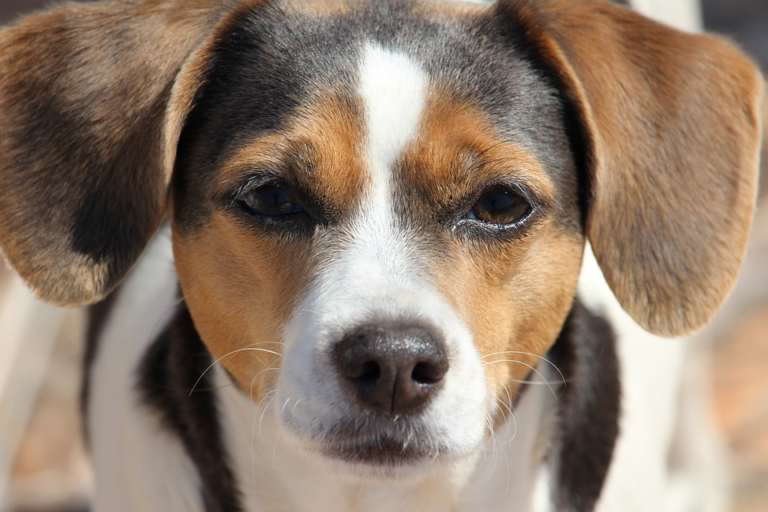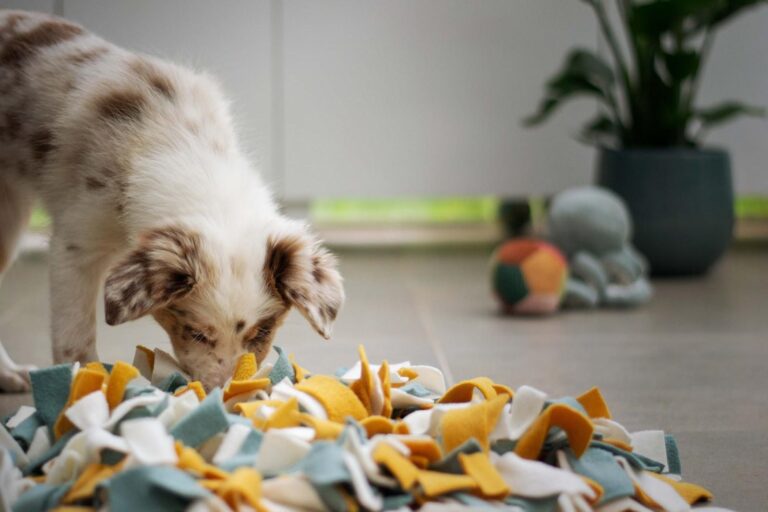The prospect of your dog undergoing surgery is scary enough, but getting through the operation is only the beginning. The recovery period after surgery is critical, which is why your vet will send you home with a list of detailed instructions.
While helpful, these tips don’t really explain the “how-to” behind puzzling dilemmas. Like how do you get your dog to stop licking the incision when it’s their natural instinct to clean a wound by licking? That’s why we’ve compiled a list of helpful tips on how to treat your dog in the weeks following a surgical procedure.
Prepare a quiet, indoor space for your dog to recover
As with humans who’ve undergone surgery, your dog will need to recover in a quiet, low-traffic area of the house that can be closed off to kids and other pets. A bathroom is idealas it makes for easy clean-up should your dog vomit or have an accident.
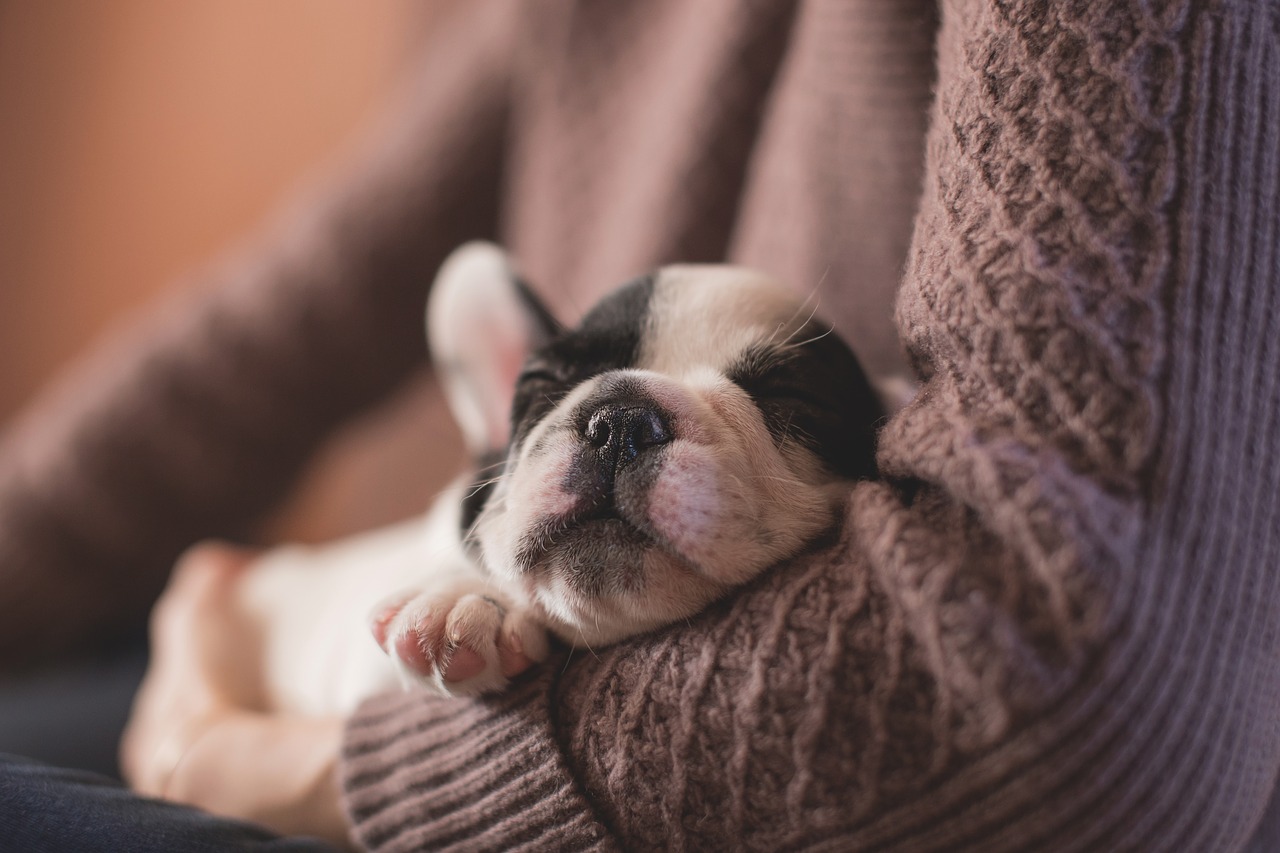
Consider an inflatable E-collar
The wide collar of a plastic or fabric E-collar might make it difficult for your dog to access its food and water bowls. Inflatable E-collars are soft, doughnut-shaped collars that provide a comfortable barrier. While taking up much less room around your dog’s head than a traditional E-collar.
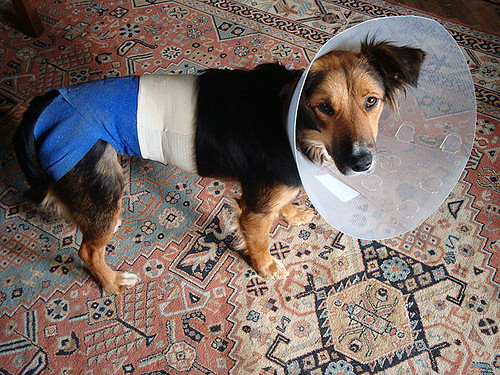
Avoid outdoor activities as much as possible
Long walks, running, and outdoor games should be avoided until you get the okay from your vet. Instead, play gentle indoor games and keep your dog from jumping on and off the furniture.
Consider using an orthopaedic dog bed
Your dog will sleep a lot more than normal after the surgery. So it’s important to provide the most comfortable bed possible. Orthopaedic dog beds are especially helpful during this time since they provide extra support for the spine, muscles, and joints.
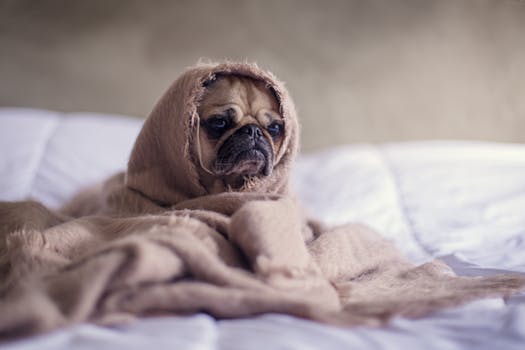
Clean the wound as directed by your veterinarian
It’s critical that you follow your vet’s instructions to the letter in terms of when and how often you clean your dog’s wound. Additionally, keep the dressing as dry and clean as possible, since wet bandages can increase the risk of an infection.
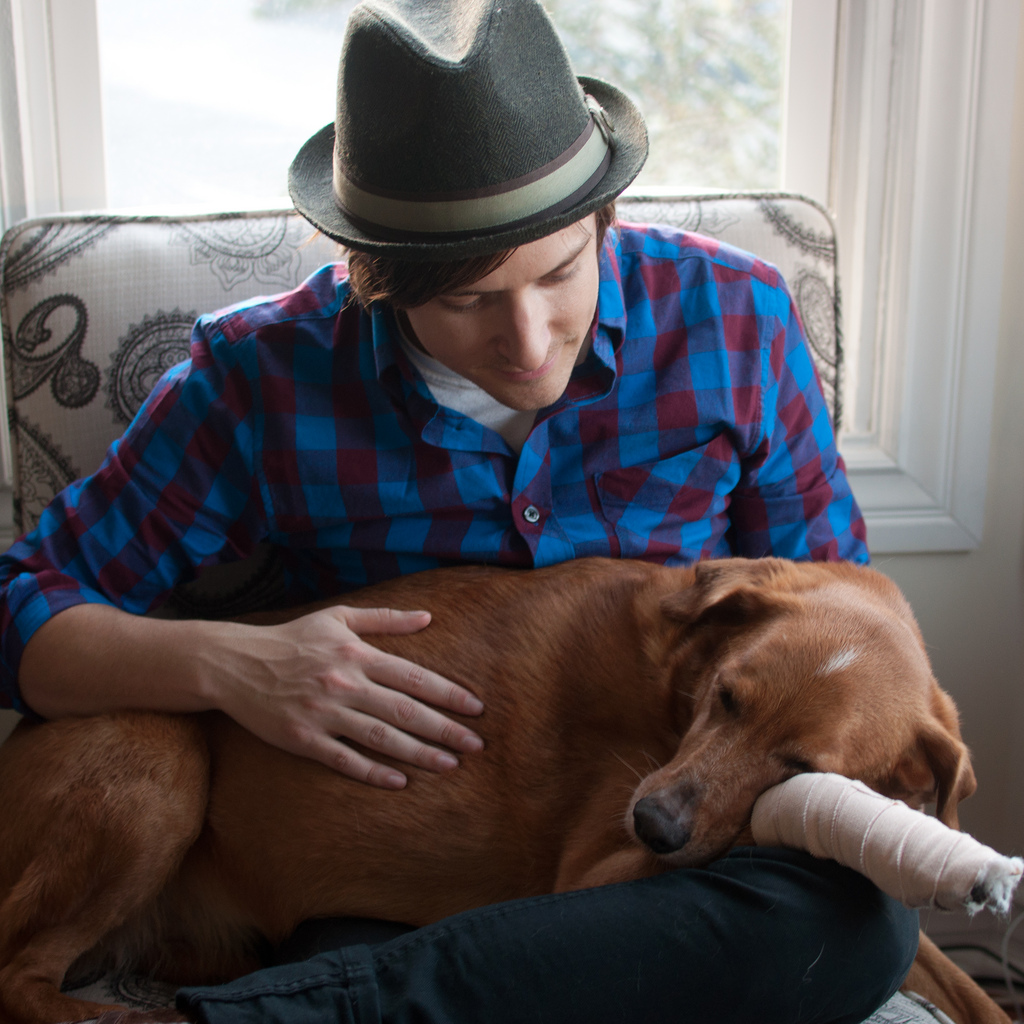
Stick to the diet plan recommended by your vet
Your dog’s recovery diet may include a high-quality, all-natural dog food, or a “light and white” diet of foods such as rice and chicken. Sticking to the recommended diet is one of the most effective ways to ensure that your dog recovers in a timely manner.
Related Read;
Don’t miss any follow-up appointments
Even if your dog seems back to normal, there may be post-surgery complications that can only be detected by your vet. It’s also in your dog’s best interest to have things like stitches and sutures removed by your vet or a veterinary technician.
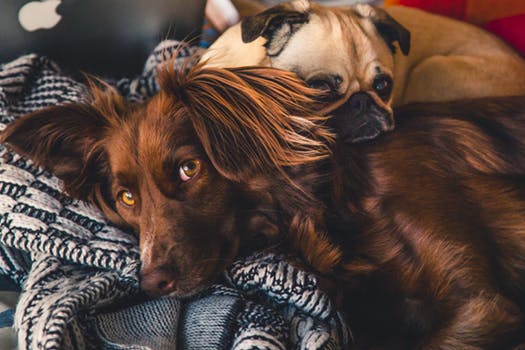
While the recovery period can be a scary and frustrating time for both you and your dog, remember to be patient and positive, since dogs can sense their owners’ anxiety. Most importantly, don’t hesitate to call your vet right away if you suspect a problem.
